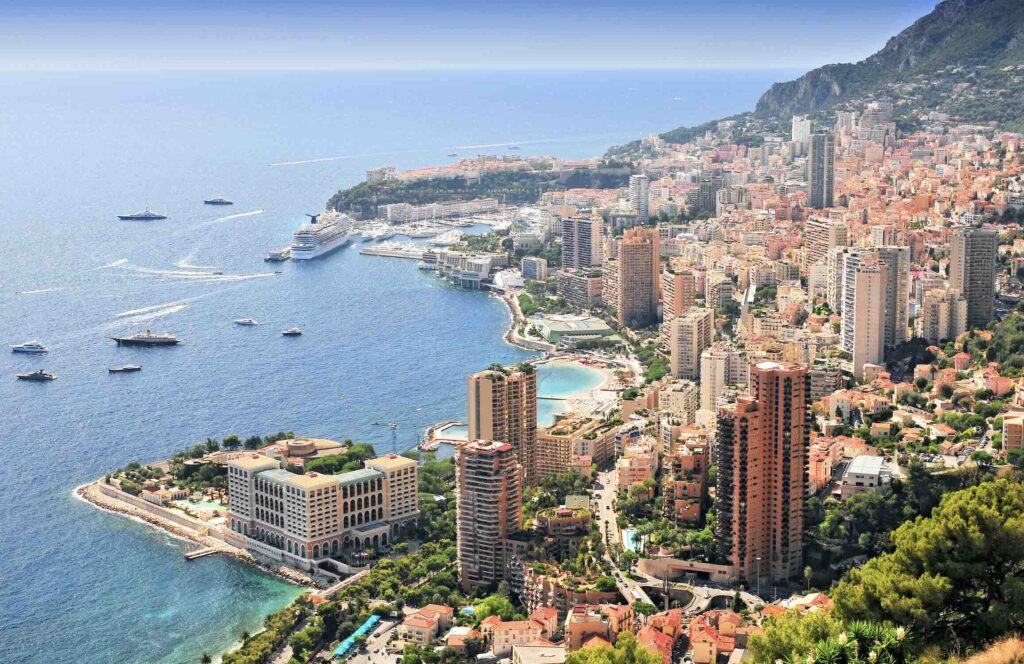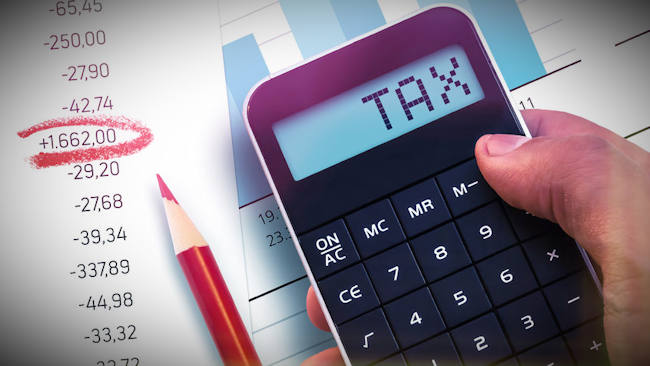Monaco has long been known as a playground for the rich and famous. With its stunning Mediterranean coastline, luxurious lifestyle, and favourable tax laws, it’s no wonder that it has become a magnet for the ultra-wealthy, and even the less so wealthy. There are many reasons why relocating to Monaco is so appealing, from its breathtaking scenery to its tax advantages. Whether you’re an expat looking for somewhere exciting to start a business or retire in the countryside, you’re bound to find just what you’re looking for in Monaco.
The Allure of Monaco
Monaco’s allure as a paradise for the wealthy is undeniable. It offers a luxurious lifestyle with a range of benefits: a mild Mediterranean climate, a marina filled with luxurious yachts, and a coast lined with opulent homes. Situated between the French and Italian Rivieras, Monaco boasts a picturesque setting with warm beaches and majestic mountains. It’s famous for its iconic Monte Carlo casino, which attracts visitors from around the world. It also hosts one of the most prestigious Formula One races, turning its streets into a thrilling racetrack.
Aside from its natural beauty and thriving entertainment scene, Monaco is also one of the safest countries in the world and offers a wide range of excellent educational and medical facilities. Furthermore, Monaco’s strategic location near Nice Cote d’Azur Airport makes it an ideal base for traveling throughout Europe and beyond – very handy if you’re a frequent flyer.
Tax Advantages in Monaco
One of the main reasons so many are drawn to Monaco is its status as a tax haven, or tax efficient location. In fact, it’s the only sovereign zero-tax jurisdiction in Europe. This policy has attracted hundreds of wealthy people – nearly one in every three residents is a millionaire!
Personal Income Tax
Although Monaco doesn’t levy personal income tax, there are some exceptions. If you’re a French citizen, you can’t claim the income tax exemption, even if you live in Monaco permanently.
Property Tax
Monaco’s luxury real estate offerings are one of the main reasons people move there. As the property market in Monaco is open to all, it’s easy to buy or rent there. However, keep in mind that you must own or rent a property for at least one year before you can become a resident. But what about property taxes? There aren’t any, unless you’re renting, in which case you’ll be taxed at 1% of your annual rent. You will also have to pay taxes if you sell a property in Monaco (at a rate of 33.3%).
Capital Gains and Wealth Tax
Residents of Monaco do not pay capital gains taxes. Similarly, Monaco does not levy net wealth taxes; these are charged based on the net market value of your assets. Yet, French residents will be subject to some taxation.
Business Tax
If you intend to operate a business in Monaco, you must apply for a permit. You must have the appropriate qualifications and an excellent professional reputation. Companies incorporated in Monaco are only taxed if over 25% of their revenue is derived from outside the country (the tax rates for such companies are currently 33.3%). Monaco also applies a VAT with rates like that of France.
Residency in Monaco
Obtaining residency in Monaco is more accessible than you might think, with three main paths:
- Through employment: Providing evidence of a job offer from a Monegasque employer.
- Starting a personal business: Receiving an official document authorising the formation of your business in Monaco.
- Demonstrating sufficient wealth: Opening a bank account in Monaco, depositing at least 500,000 euros, and providing a letter confirming that you have the financial resources to support yourself.
The residency process in Monaco consists of three stages:
- Obtaining a Temporary Residence Card, which is valid for one year and requires a minimum of three months of residency in Monaco annually.
- After two renewals of the temporary residence card, you can apply for ordinary residence (valid for three years).
- Once you’ve lived in Monaco for nine years, you can apply for the Privileged Residence Card.
If you’re after more than just residency, Monaco offers a path to citizenship and the right to reside there indefinitely. However, dual citizenship is forbidden, meaning you’d have to revoke any other citizenship you have. You also must reside in the country for at least 183 days per year.
So, that is Monaco..
From its gorgeous surroundings and luxurious lifestyle to its favourable tax policies, Monaco offers a unique living experience, and moving there can be life changing.
Megan Tarr has been engaged to blog on expatriate tax for our company from time to time. We are extremely pleased and lucky to have her informed input.





